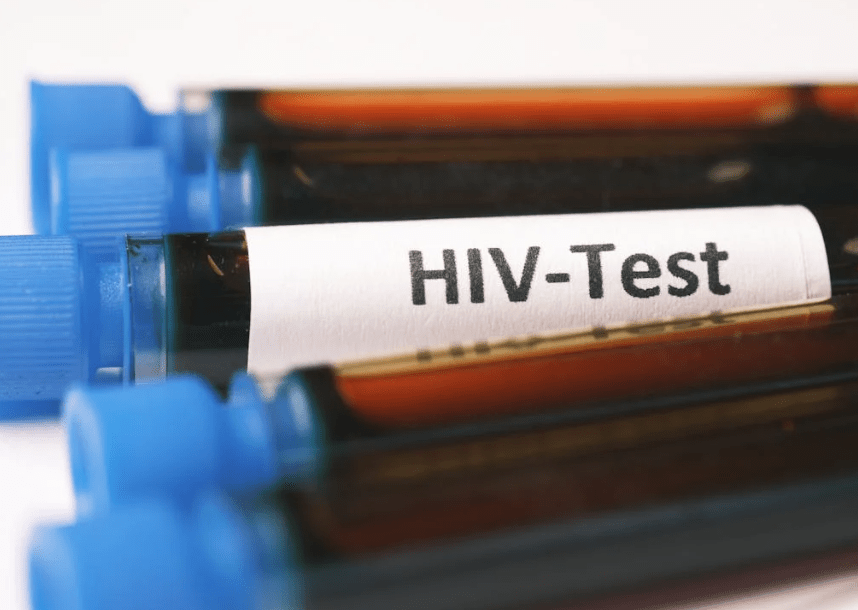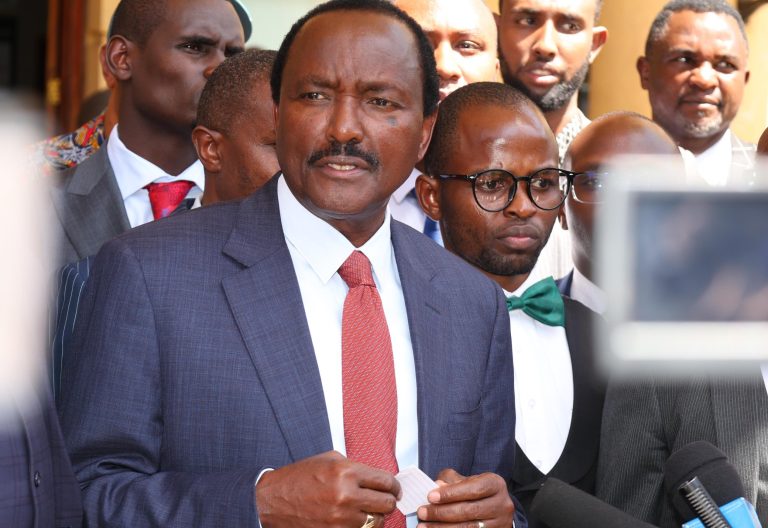Ministry of Health secures Ksh59.7B grant for HIV, TB, malaria interventions

Kenya, through the Ministry of Health, has secured six Global Fund grants totalling Ksh59.7 billion.
This substantial funding will support interventions against HIV and AIDS, tuberculosis (TB), and malaria over a three-year implementation period from July 2024 to June 2027.
Ministry of health breakdown
The grants are allocated as follows: Ksh30 billion for HIV, Ksh9.4 billion for malaria, Ksh8.7 billion for TB, and Ksh4.4 billion for health systems strengthening.
“Kenya has today signed six Global Fund grants amounting to USD 407,989,068 (KSH 59.7 BILLION to support HIV, TB & Malaria intervention and strengthen health and community systems during the implementation period of three years (July 2024 to June 2027),” Ministry of Health statement announced.
The Global Fund is a partnership involving governments, civil society, the private sector, and people affected by these diseases.
It aims to accelerate the end of AIDS, tuberculosis, and malaria epidemics globally. Kenya’s Coordinating Mechanism, which includes representatives from these sectors, is responsible for presenting funding proposals to the Global Fund and monitoring program implementation.
Since 2003, Global Fund support has significantly boosted Kenya’s fight against HIV. The Fund has supported the procurement of essential commodities such as antiretrovirals (ARVs), HIV test kits, condoms, and laboratory reagents.
Programmatic interventions at health facilities and community levels have seen remarkable outcomes. New HIV infections, HIV-related mortality, and mother-to-child transmission have declined by 78%, 68%, and 65% respectively.
Nearly 1.4 million people living with HIV are currently receiving lifesaving treatment, a testament to the effective decentralization of HIV services and strong collaboration between government entities, development partners, non-state actors, stakeholders, counties, and communities.
Kenya’s TB program has also seen significant advancements, recording a treatment success rate of 86%. The average positivity rate among TB presumptive cases declined from 7.35% in 2021 to 5.6% in March 2024, with the number of cases tested more than doubling from 245,902 in 2021 to 502,970 in March 2024.
The Global Fund has supported the establishment of 1,933 community health units, the training of 18,500 community health promoters (CHPs), and 3,700 Community Health Extension Workers (CHEWs).
The malaria program has contributed to reducing the national prevalence from 8.2% in 2015 to 6% in 2023. The Global Fund invested US$ 9.5 million in the construction, equipping, and digitization of the KEMSA National Supply Chain Centre, enhancing supply chain capabilities and supporting primary healthcare services.
The new Global Fund grants will focus on providing quality care and prevention services for people with TB, leprosy, and lung diseases.
They will contribute to Universal Health Coverage through comprehensive HIV prevention, treatment, and care. The grants aim to reduce malaria incidence and deaths by at least 75% by 2027.
Strengthening Health System
Strengthening health systems at facility and community levels is another key focus, along with procuring TB, malaria, and HIV commodities, including medicines, laboratory supplies, and test kits.
Supporting primary healthcare activities at the community level in line with the universal healthcare agenda and offering social support and Social Health Insurance Fund (SHIF) premiums for needy TB, HIV, and malaria patients to access the full SHIF benefit package are also priorities.
This investment exemplifies multi-partner cooperation over time, emphasizing resilience and the importance of building robust health systems. The achievements of KEMSA, development partners, and other stakeholders in reaching this milestone are commendable.










